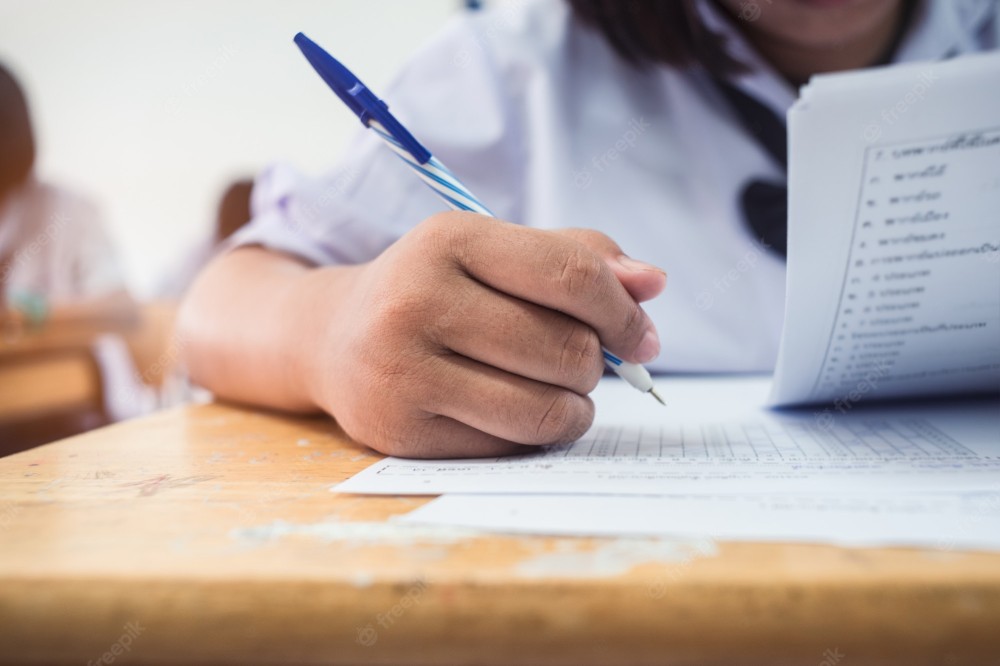A proposal for India’s universities to introduce “flipped classrooms”, where teachers provide material to students in advance to study at home and the classroom is used for debate, analysis and problem-solving, has divided academics.
Central University of Punjab vice-chancellor R.P. Tiwari said flipped classrooms help develop critical thinking while conventional classrooms encourage passive learning, but St Stephens College faculty member Nandita Narain argued that flipped classrooms would dilute the teaching-learning process by shifting the emphasis to online education.
Apart from floating the idea of flipped classrooms, the University Grants Commission (UGC) has also advocated online exams and “blended” online-offline courses, which too have attracted opposition.
The commission has uploaded draft guidelines on new approaches to teaching and assessment, seeking feedback by November 14 from all stakeholders, including academics.
“(In a flipped classroom), the teacher provides readymade content on what will be taught in the next class. The students come prepared and raise pertinent questions during the discussion. This makes for more productive learning,” Tiwari said.
But Narain feared that some teachers might take advantage of a flipped classroom’s abolition of the conventional lecture to share readymade videos on the topic. This would limit the time for in-person interactions and preclude gainful discussion, curbing the “process of joint discovery”.
Narain said the quality of education had plummeted during the pandemic when classes were held online. Besides, access to online tools remained a problem for students from the deprived segments.
“Through flipped classrooms and blended learning, the government wants to reduce the role of teachers so that the expenditure on education declines,” she said.
Tiwari ruled out any reduction of classes or workload.
“Flipped classrooms will give students wider scope to become independent learners… and actively participate in discussions. It helps develop critical thinking,” Tiwari said.
Besides, higher educational institutions remain closed on Saturdays and Sundays every week, and for six weeks during the summer and winter vacations, he said. In addition, faculty members are entitled to various kinds of leaves.
“The present model of offline classes gives teachers less time to engage with students. They try to cover the syllabus within the available time --- there’s little scope for proper discussion and the exploration of concepts,” he said.
According to the guidelines, “group discussions, brainstorming, role play, case studies, and self-learning methods” are the hallmark of flipped classrooms. “It is (the reverse) concept of actual in-class where teachers teach, and students study later.”
A UGC official said several foreign universities had started holding flipped classrooms.
Last year, the UGC had prepared a concept paper on blended learning providing for up to 40 per cent of a course being taught online. It was prepared by a committee headed by Tiwari. The recent guidelines have reaffirmed the need for blended learning.
While advocating online exams, the guidelines mention the use of advanced information communication technologies such as audio and videoconferencing, plagiarism-detecting software and online course monitoring systems. It also refers to digital surveillance, prompting suspicion that it is pushing for online exams taken from home.
A Delhi University teacher opposed the move citing the scope for malpractice.
The guidelines say that online education and online exams are affordable, and convenient for working professionals who want to enrol in universities.

